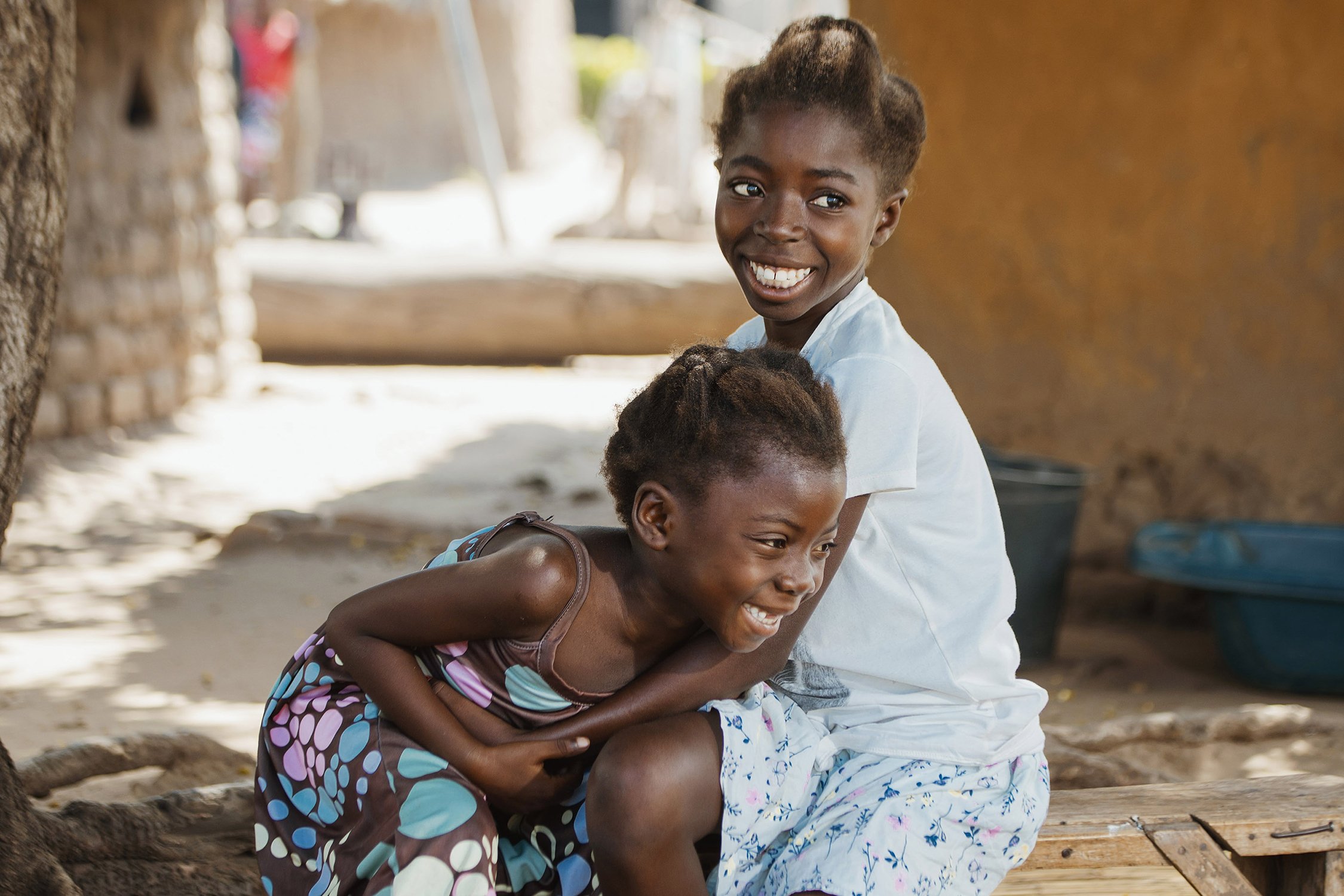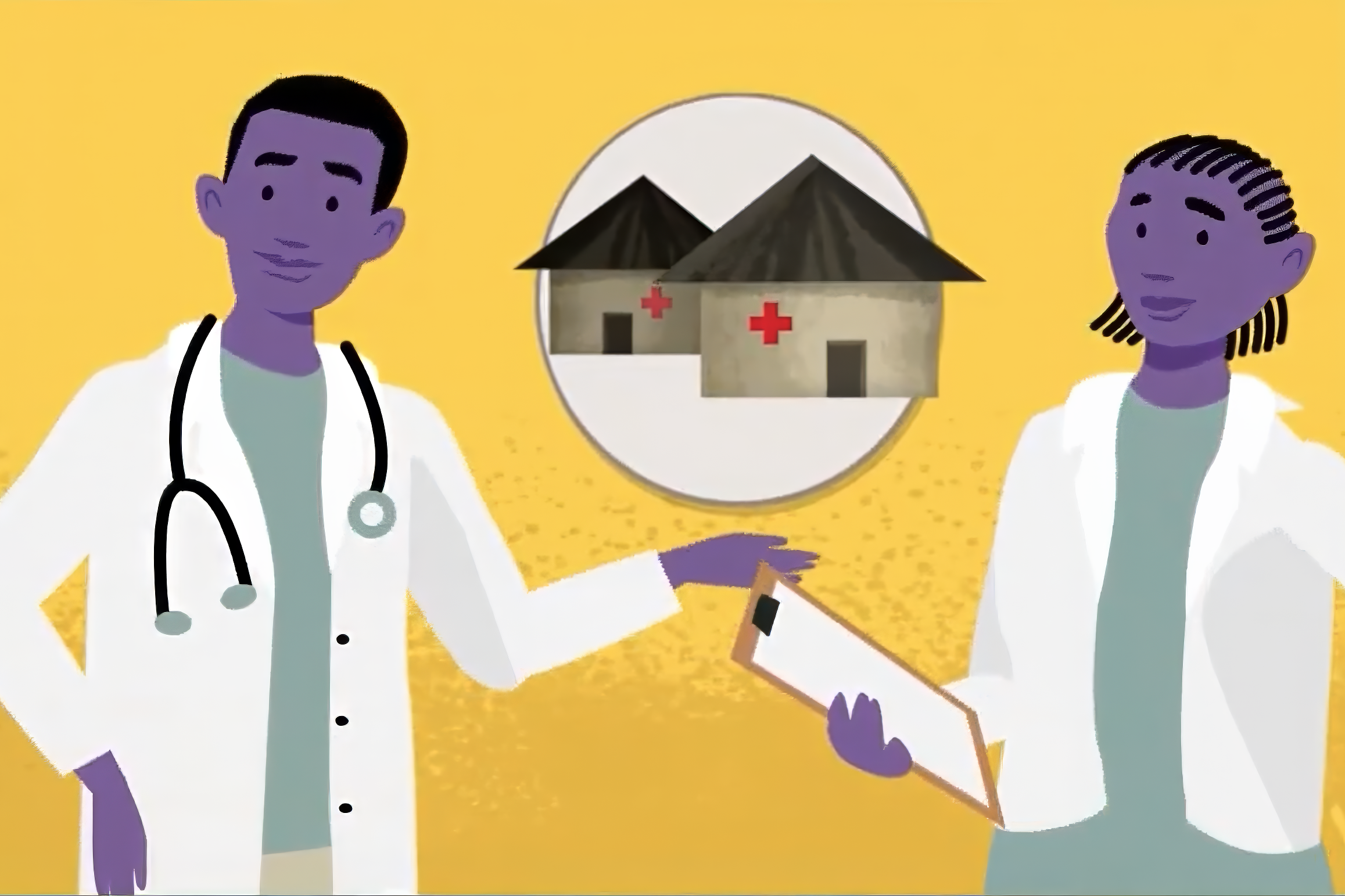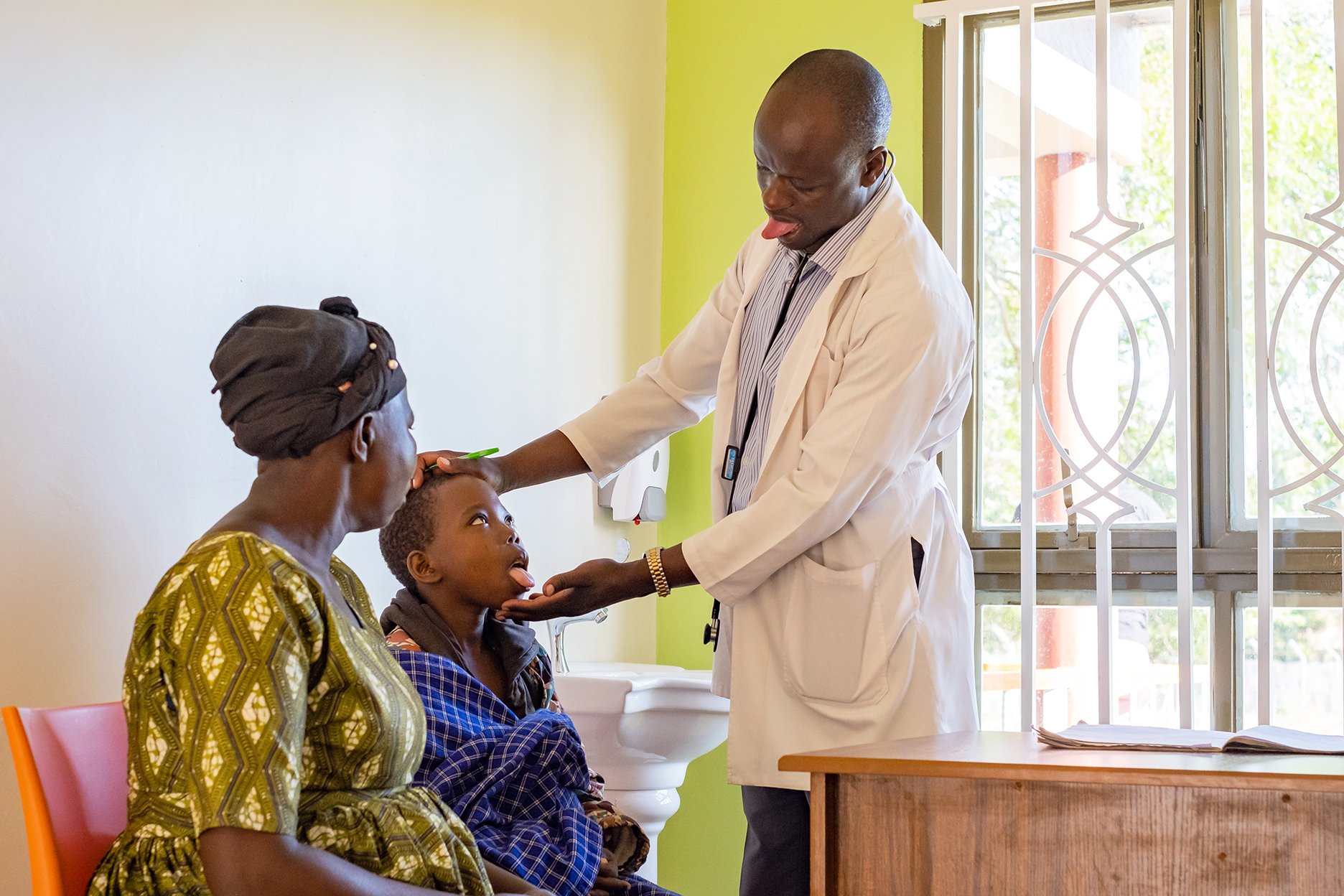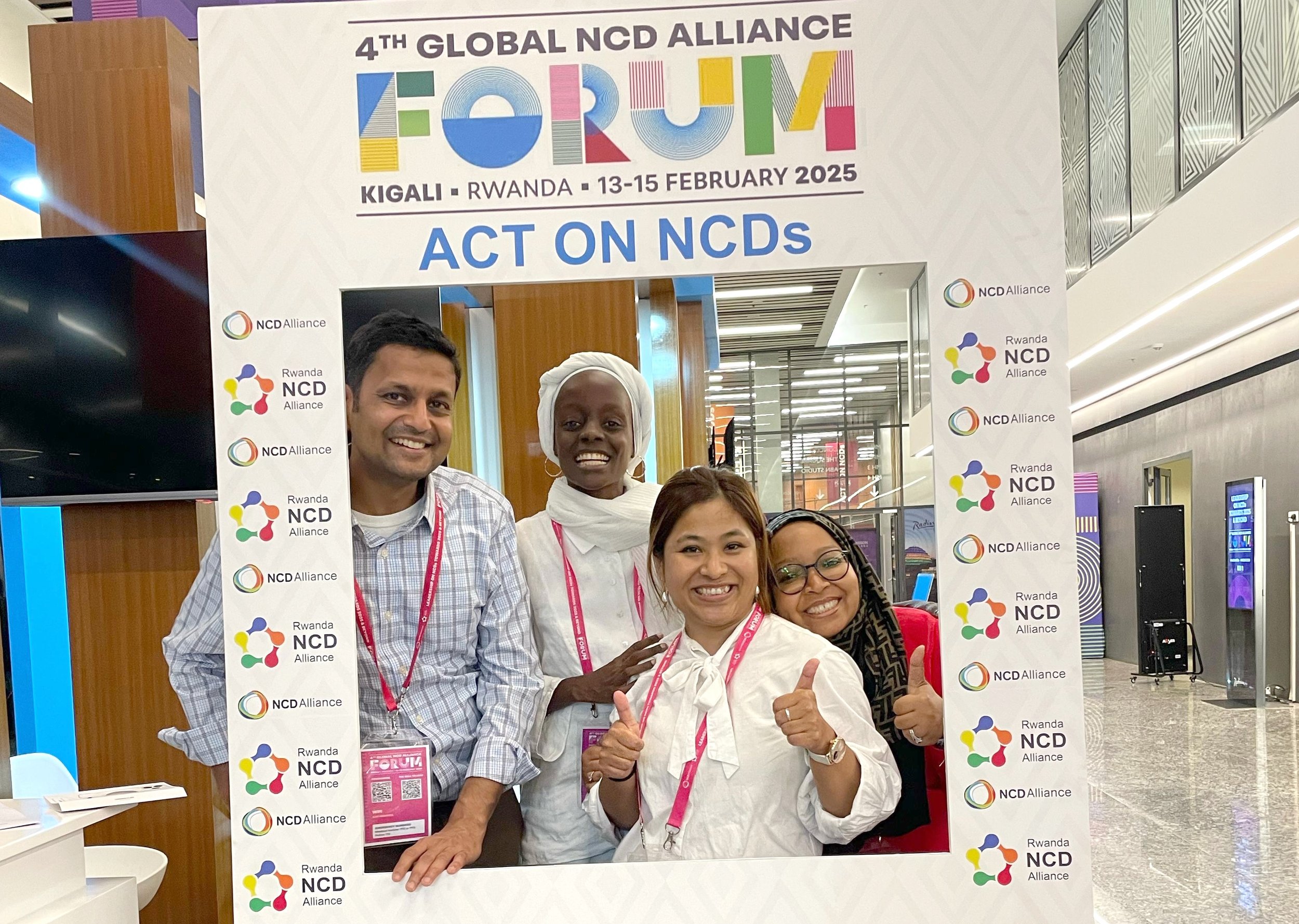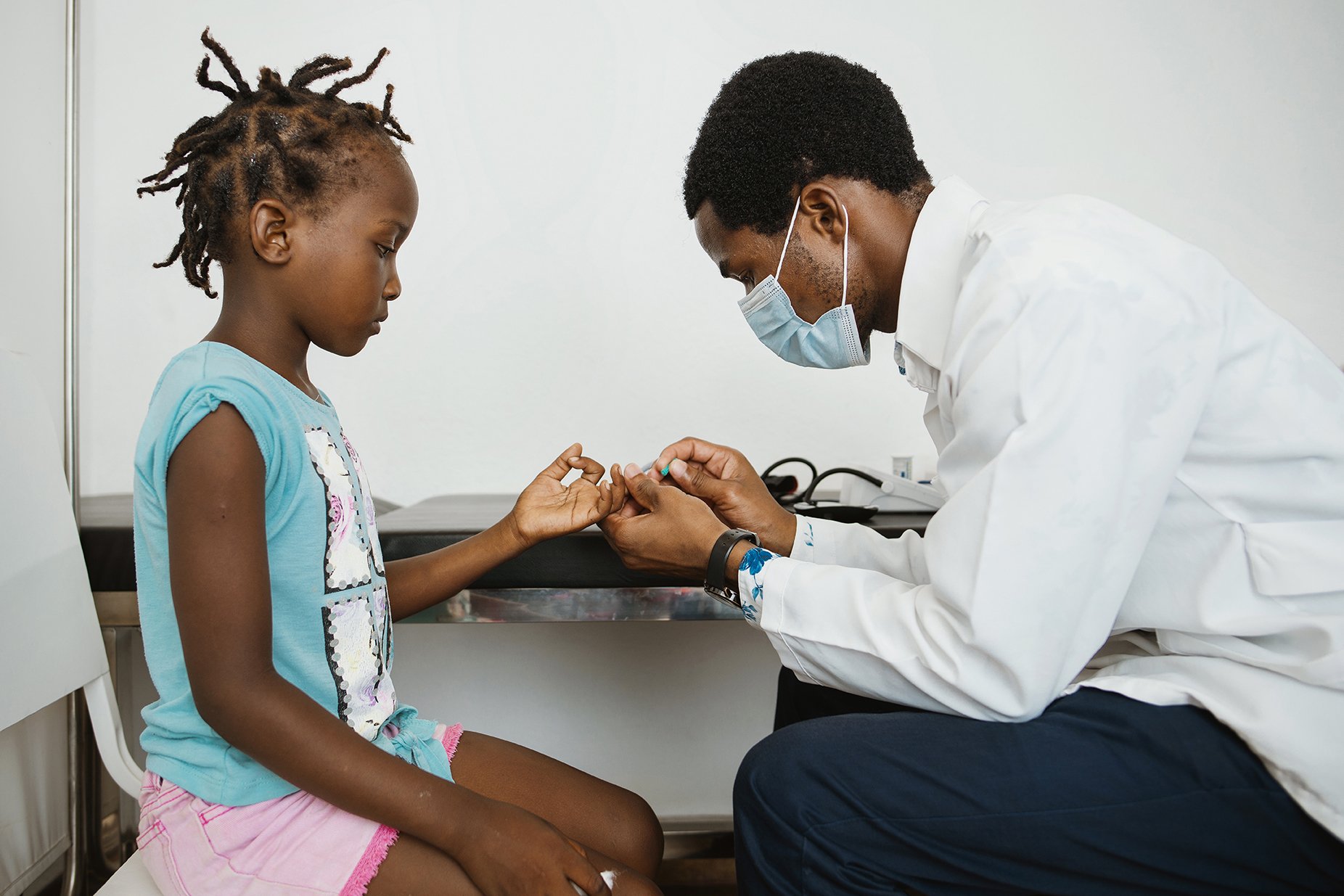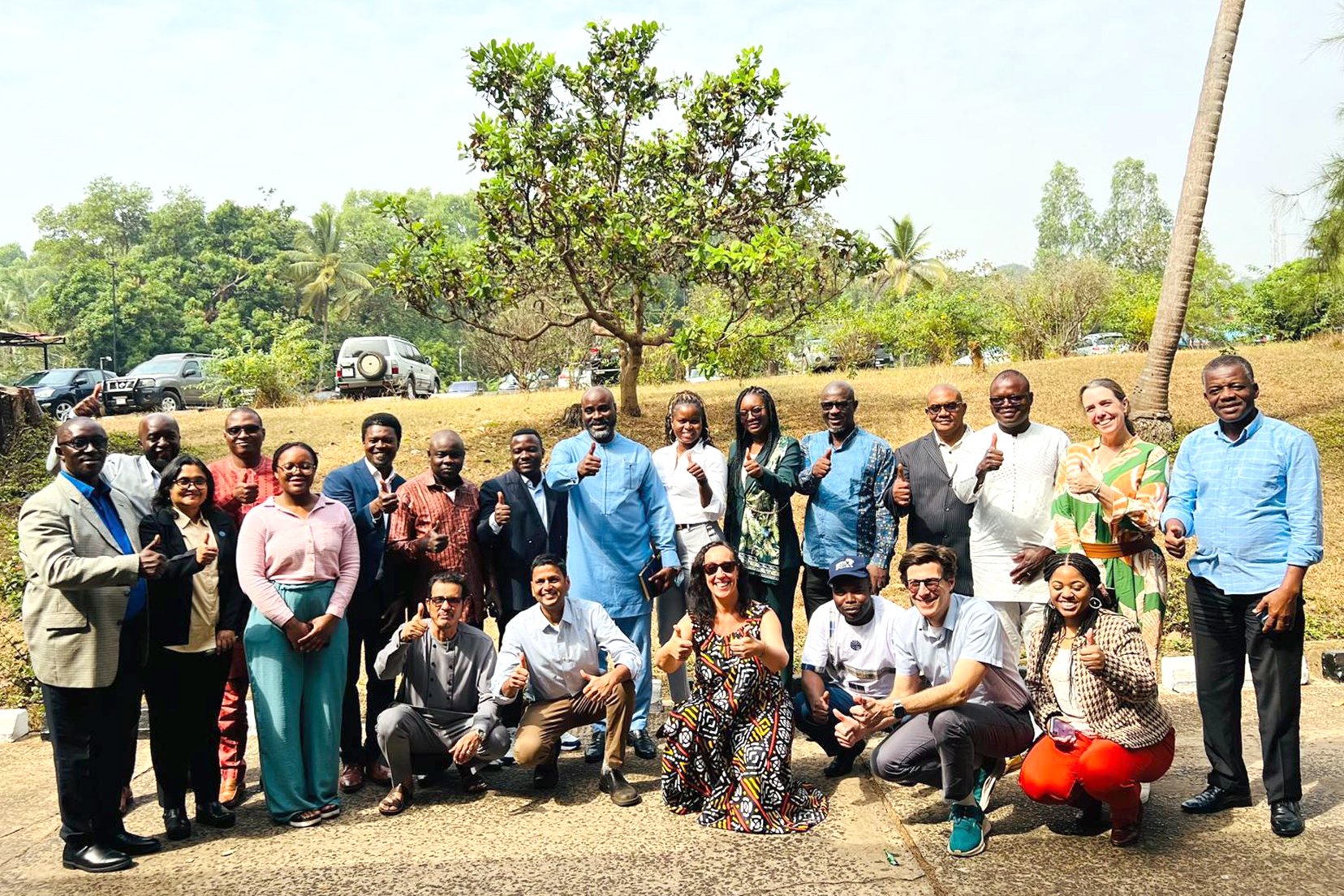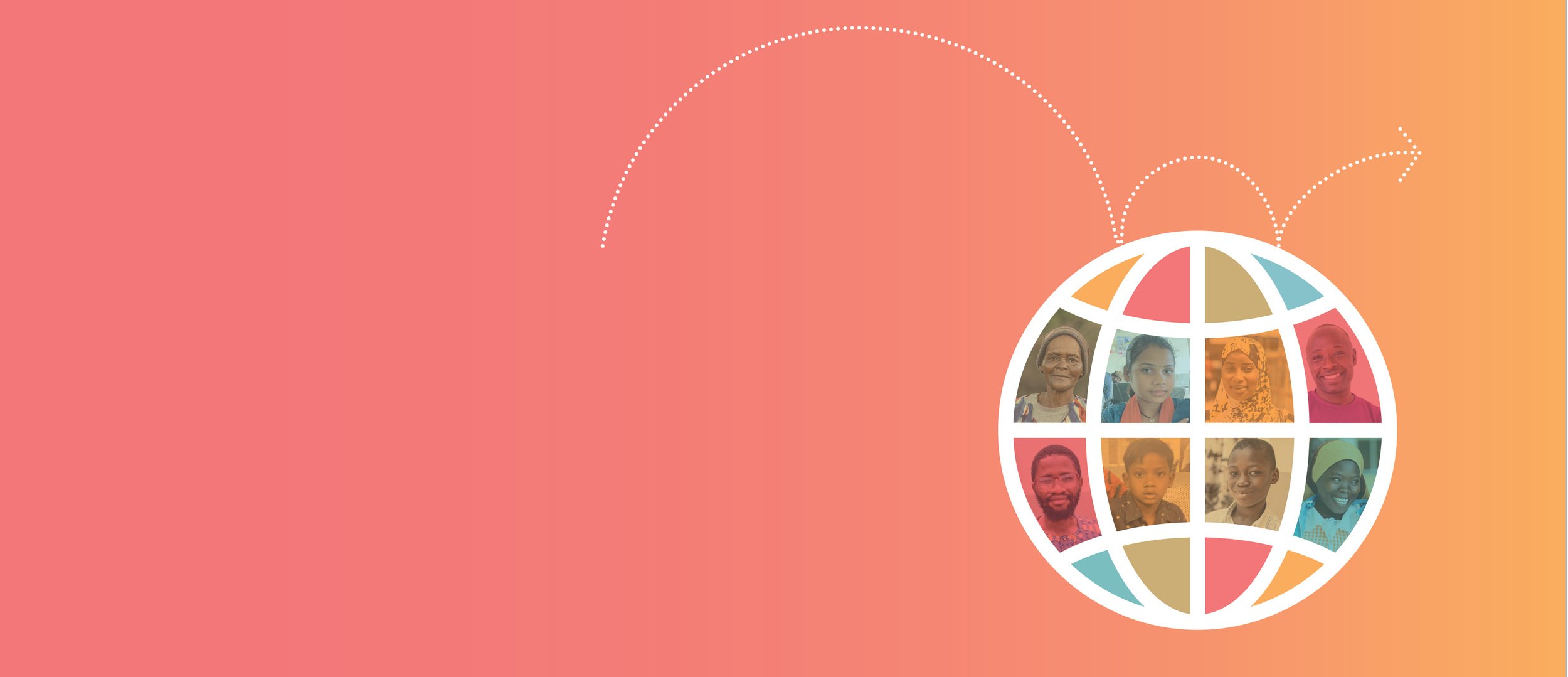
Springboard for Action:
The Speakers
Chukwama Anyaike, MD, FWACP
Dr. Chukwama Anyaike, the Director of Public Health in Nigeria’s Ministry of Health and Social Welfare, has been with the ministry for nearly 29 years. Before assuming his current position in 2023, he served as director of the National Tuberculosis, Leprosy and Buruli Ulcer Control Programme. He received his education at the West African Postgraduate Medical College, the London School of Tropical Medicine and Hygiene, and the University of Nigeria Medical School.
Kyle Banks
Kyle Banks, the event emcee, was diagnosed with type 1 diabetes on November 1, 2015, while performing in the traveling production of Disney’s The Lion King. Performing nightly for sold-out audiences across the country was a dream come true, but after experiencing symptoms of the onset of type 1 diabetes, his dream temporarily turned into a nightmare. The symptoms he experienced were typical for the onset of the illness. With limited knowledge of type 1 diabetes, though, he had no idea what was occurring or the drastic life changes that would soon follow.
In 2020, in partnership with Children’s Hospital New Orleans, Banks founded Kyler Cares, which seeks to improve health outcomes for people of color living with diabetes and to ensure families can access the resources and technologies available for better management of the condition. The nonprofit has since connected with families from across the country who are living with diabetes.
Gene Bukhman, MD, PhD
Dr. Gene Bukhman is a Co-Chair of the NCDI Poverty Network. He is also Director of the Center for Integration Science in Global Health Equity at Brigham and Women’s Hospital and an Associate Professor at Harvard Medical School. He is a cardiologist and an anthropologist. Between 2010 and 2015, he was the Senior Technical Advisor on NCDs to the Rwanda Health Ministry. Dr. Bukhman has argued that noncommunicable diseases are best understood as part of the “long tail” of global health equity, one that demands a new “science of integration.” He has translated this critique into practical strategies such as PEN-Plus. Dr. Bukhman was the lead author and a co-chair of the Lancet Commission NCDI Poverty Commission. He is also the Director of the WHO Collaborating Center for Integration Science and Service Delivery.
Tinotenda Dzikiti
Tinotenda Dzikiti, a Voices for PEN-Plus advocate, lives with type 1 diabetes in Zimbabwe. He graduated cum laude from Bindura University of Science Education with a bachelor’s degree in financial intelligence. He is a certified diabetes educator and a global advocate for T1International. He serves as the co-chair of the Membership Committee and co-lead for Diabetes in Africa and Limited Resource Settings, a special interest group for the International Society for Pediatric and Adolescent Diabetes. He is also an ambassador for the Zimbabwe Diabetes Association and both a Young Leader in Diabetes and the Africa Representative-Elect for the International Diabetes Federation.
Ana Olga Mocumbi, MD, PhD, FESC
Prof. Ana Olga Mocumbi, a Co-Chair of the NCDI Poverty Network, is a cardiologist with a particular interest in neglected diseases of poverty. She is also a Professor of Cardiology at Universidade Eduardo Mondlane in Maputo, Mozambique, and is Head of the Division of Non-Communicable Diseases at the National Public Health Institute in Mozambique’s Ministry of Health.
Prof. Mocumbi earned her MD in 1992 at Universidade Eduardo Mondlane. She served as a co-chair of the Lancet Commission NCDI Poverty Commission, and she is involved in several local and international research projects and partnerships, including international registries, clinical trials, and health systems research. She is a member of the editorial board of several high-impact peer-reviewed journals and has many original publications on neglected diseases.
Matshidiso Moeti, MBBS, MSc
In 2015, Dr. Matshidiso Moeti became the first woman to be elected as WHO Regional Director for Africa. A public health veteran, Dr. Moeti has almost 40 years of national and international experience. She joined the WHO Regional Office for Africa in 1999 and has served as Deputy Regional Director, Assistant Regional Director, Director of Noncommunicable Diseases, WHO Representative for Malawi, Coordinator of the Inter-Country Support Team for the South and East African countries, and Regional Advisor for HIV/AIDS.
Dr. Moeti is renowned for having led WHO’s “3 by 5” Initiative in Africa at the height of the HIV/AIDS epidemic, resulting in a significant increase in access to antiretroviral therapy among people living with HIV.
Prior to joining WHO, Dr. Moeti worked with the Joint United Nations Programme on HIV/AIDS (UNAIDS) as Team Leader of the Africa and Middle East Desk in Geneva; with the United Nations Children’s Fund (UNICEF) as Regional Health Advisor for East and Southern Africa; and with Botswana’s Ministry of Health as a clinician and public health specialist.
Originally from Botswana, Dr. Moeti holds a degree in medicine from the Royal Free Hospital School of Medicine at the University of London and a master’s degree in public health from the London School of Hygiene and Tropical Medicine. Dr. Moeti was awarded an Honorary Fellowship from the London School of Hygiene and Tropical Medicine and an Honorary Doctorate from the University of Health and Allied Sciences in Ghana.
Fouzia Shafique, MD
Dr. Fouzia Shafique is the Associate Director for Health at UNICEF’s New York Headquarters, where she focuses on maternal, newborn, child, and adolescent health; primary health care/health system strengthening; and digital health and information systems. She is also the global lead for UNICEF’s work on community health. Prior to her current role, she led UNICEF’s Health Programme in Afghanistan and UNICEF’s Health and Nutrition Programme.
From 2019 to 2021, Dr. Shafique led UNICEF’s work on health in humanitarian settings and emergencies at the global level. In this role, she supported UNICEF’s work on advocating for children’s health needs in emergency, fragile, conflict, and vulnerable settings and assisting national governments in preparedness and response to the health needs of mothers and children in the humanitarian and fragile settings and in ensuring that evidence-based guidance is available on new and emerging health issues.
An alumna of the Agha Khan University in Karachi and the London School of Hygiene and Tropical Medicine, Dr. Fouzia began her career in public health with the Ministry of Health in Pakistan, working with the Lady Health Workers Program, Pakistan’s community-based service delivery program. She has served in various roles in maternal, newborn, and child health in Pakistan, Afghanistan, and Yemen and supported several countries in Africa and Asia on accelerated disease control initiatives, especially for vaccine-preventable diseases, including maternal and newborn tetanus elimination and polio eradication initiatives.








